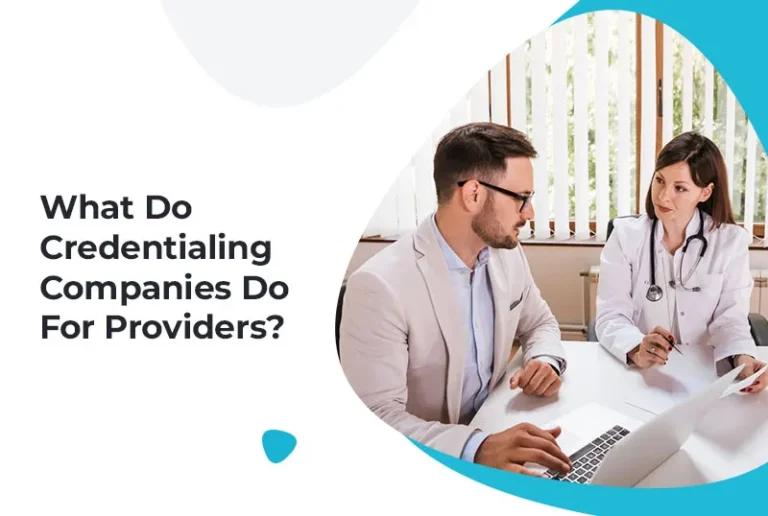As health care evolves, more patients can be expected to pay for many of their medical expenses. Common factors have included the need for insurance or plans with high deductibles. Healthcare providers will thus face more challenges and opportunities as they face a system in which patients pay substantial portions of their medical care. Health care should now concentrate more on direct payments from the patients than on the insurance companies. Healthcare teams must change billing strategies to keep the patient pleased and financially viable.
Explore the key challenges of patient first billing and how implementing key strategies can transform your practice through optimized revenue cycle management services.
See Also: Healthcare RCM: Key Strategies for Transforming Your Revenue
The Rise of Patient First Billing
In the past, medical billing was about getting paid by insurance companies. Practically, most of the time was spent by healthcare teams working with payers to get reimbursements. Today, an increasing percentage of patients will be either uninsured or have high-deductible plans and consequently pay much for medical services. Because of this scenario, healthcare providers must improve patient first billing—gathering payments directly from patients.
While collecting from insurance companies is usually easier, getting paid by patients can be more difficult. Many patients need help understanding their medical bills. With clear explanations, they may feel clear about what they owe, which can lead to delays in payment or even non-payment. Patients may also be surprised to find unexpected charges or disagree with the bill, leading to more correspondence and even further payment delays. The longer the payment takes, the more arduous it is, especially when the amount keeps growing.
These challenges can affect a healthcare provider’s finances. So, how can healthcare teams handle patient first billing without hurting cash flow while keeping patients satisfied?
How to Tackle the Challenges of Patient First Billing
The best way to overcome this hurdle of patient first billing is to make the process as simple as possible for patients. Here are some ideas to help lighten the load:
1. Charge Transparency
A directive that expects higher transparency on medical care costs contributes significantly to confusion. This is why the No Surprises Act protects the patient from surprise bills. However, providers should ensure charges are communicated before treatment begins. Furthermore, this will give the patients an idea of how to approximate the costs, thus allowing them to be ready and willing to incur them.
2. Patient Education
Educating patients about what they owe and why is crucial in avoiding confusion later. Having a patient liaison explain charges before services are provided is helpful. By answering questions and addressing concerns, patients will be less surprised when they receive their bills. Plus, follow-up calls after the treatment can help resolve any remaining questions and make payment more manageable.
3. Offer Flexible Payment Options
Patient first billing is best when the patient can pay in a manner that is convenient for them. For example, the online portal, mobile payment, and even text-to-pay options allow patients to spend more quickly. The more tailored the plan is to the patient’s financial situation, the better the patient is likely to pay on time and less likely to have a massive bill at once.
4. Collect Payments Upfront
A smart strategy for managing patient first billing is to collect a portion of the expected charges before treatment starts. By collecting 50% of the anticipated charges upfront, providers can reduce the financial risk for both parties. This helps ensure that providers receive some payment before rendering services, minimizing the chances of delayed or missed payments.
5. Use Paperless Billing
Medical bills are not easy to manage and take a lot of time. Paperless billing systems help automatically process things, speed up everything, and reduce errors. Patients can view and pay their bills online, ensuring a better experience.
6. Timely Follow-Ups Are Key
Following up on outstanding payments is essential. Furthermore, healthcare providers can send early notifications to remind patients to solve any pending balance issues and ensure their accounts are clear before becoming overdue. This helps reduce the likelihood of their accounts going to collections and having a problem with payment.
Outsourcing Revenue Cycle Management (RCM)
Despite all this, many health providers still require more support to be updated about patient first billing complexities. This might expose the in-house team to the high tides of patient debt, among other new regulations that could put them under more pressure. However, that is when third-party vendors with experience come in handy.
With outsourcing RCM, the providers’ focus may be more on treating the patients and letting professionals deal with billing and collection details. Furthermore, an RCM partner can audit and advise based on their findings and improvements in billing practices, while they can easily and quickly follow up on a patient’s payment. While your RCM partner is also in a good position to ensure compliance with the present legislation, reducing the risk associated with acceptable or legal proceedings. This leads to faster collections and higher patient satisfaction, all while reducing operational challenges.
Conclusion
An RCM partner can also respond to patient questions and complaints, freeing in-house staff from that burden. With first-patient billing on the rise, providers must adjust their billing practices. This will reduce confusion, improve collections, and even help create a better patient experience: transparency, clear communication, and flexible payment options. For the most part, revenue cycle management outsourcing can make it more seamless, alleviating the team’s stress while ensuring compliance and smoother operations.
Precision Hub: Your Partner
At Precision Hub, we understand the complexities of patient first billing. Our expert solutions are designed to streamline your billing process, reduce errors, and improve efficiency. By focusing on patient-centric billing, we help you deliver exceptional care while optimizing your financial health.
Ready to Optimize Your Patient First Billing?
Let Precision Hub be your partner in achieving financial success. Contact us today to learn how our patient-centric approach can transform your practice.







